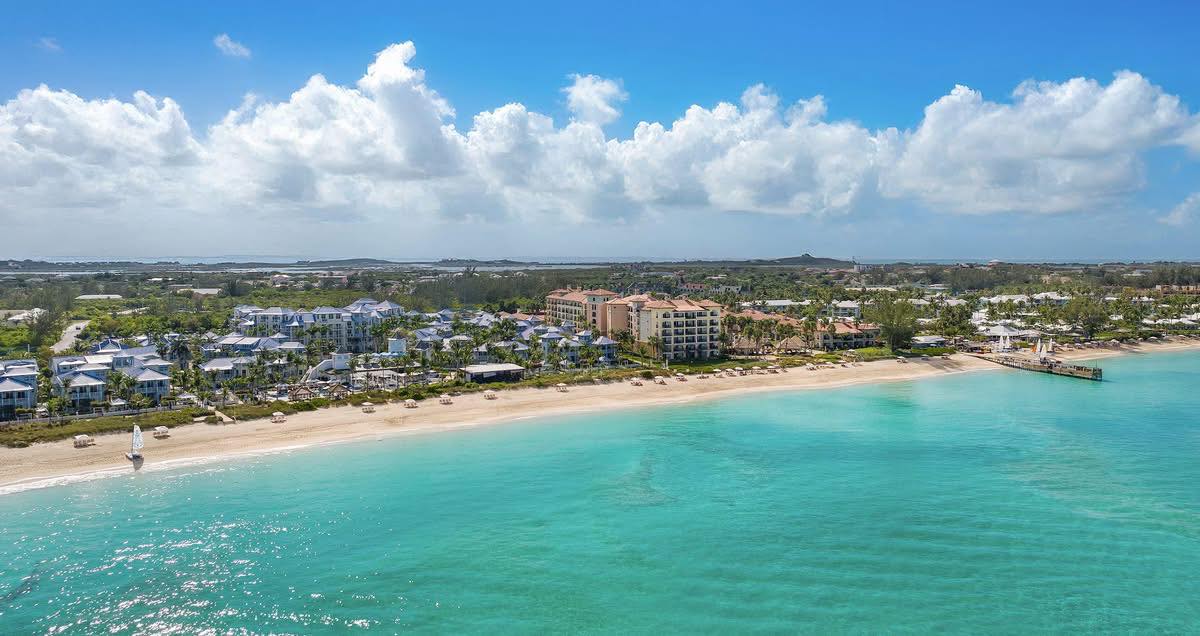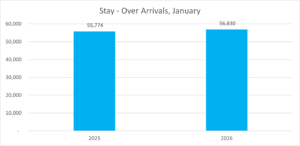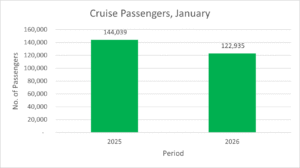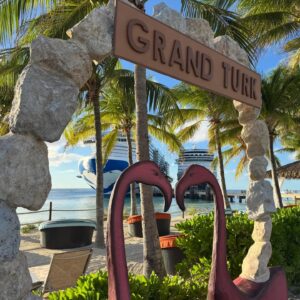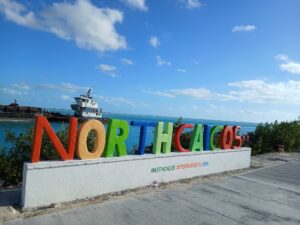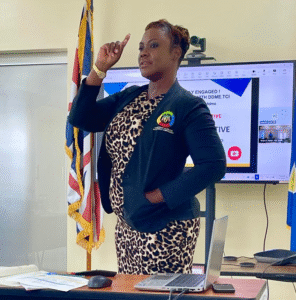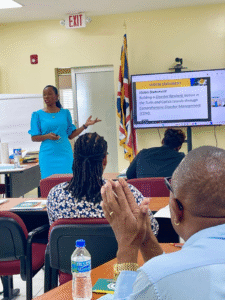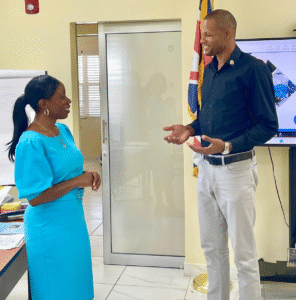#TurksandCaicos, March 09, 2024 – In a thriving democracy like Turks and Caicos Islands, we need more than just a few political parties; it demands that these parties truly connect with a wider electorate. This involves creating policies that mirror the collective ambitions and hurdles of our island nation, not just the interest of a select few.
The path to being an informed voter is riddled with challenges, particularly the allure of aligning with a party or ideology without deep analysis. In an era filled with misinformation, how do we base our beliefs on truth and politicians genuine concern for the people?
We must see beyond political divisions, recognizing our shared fate, because unity is our strength, though often hard to achieve.
Times like these have never been more critical. As Turks Islanders, we have to ask ourselves are we safer and better off now than 3 years ago?
On the heels of the pandemic among many other competing priorities this government had to face, most would agree a number of boxes have been checked. What the voters will have to decide is, whether or not the right boxes were checked and have made a difference in the lives of the ordinary citizens.
The country is facing a pivotal moment;
Turks Islanders must assess governance by the real improvements in everyday lives.
Case in point: With the rapid growth and development, are we advancing fast enough to keep up with the growing demands, from food security to adequate housing and transportation? Are we attracting and entertaining the right investors who can deliver on what is needed to strengthen our economy and create better employment opportunities for our people? Is national security front and center of our leaders discussions, and are we investing enough in this area in terms of improving in critical infrastructure and advancement in technology? These are some of the essentials concerns often get lost in political rhetoric.
Democracy works when you have two strong political parties working in concert to bring people together. This will ensure they are shaping policies together that impact the entire country in a positive way and not disenfranchise some.
Every candidate should have to answer a few simple questions; What have you personally done in your career that has directly impacted people? What have you done to uplift citizens in your communities and made a difference in the vast majority of us?
There is nothing wrong with being a strong supporter of a particular party, but at what point do we as concerned citizens become more educated voters? It’s important to understand that when people possess strong political identities they may be more vulnerable to false narratives or facts.
We have more in common than we have apart, and we will all rise and fall together if we don’t unit. What some candidates lack is the ability to stay engaged and focused on what it takes to execute on issues rather than just platitudes. So, how do we change that?
It is our voice and action that matters and this should include civil servants.
A voice that speaks out against injustice, calls out corruption and that wants to have a say in the values shaping our communities.
More and more of our people are feeling voiceless and stifled and feel that those in power are creating division and putting their interests before those of the people.
That is why I believe we need political leaders whose mission includes helping everyday people unlock their power to create real change, rather than implementing policies that in the end hurt the little guy and stifle local entrepreneurships.
We should be looking to elect candidates who are interested in growing the middle class, because the wealth gap is widening between the rich and the poor, helping our communities grow, improving our healthcare system, lowering inflation and making life for everyday Turks Islanders better.
Having honest, forthright and visionary leaders are all too rare in politics. Some of our inspiring leaders are on the outside or were on the inside at one point. They see the issues, they talk about the issues, but once on the inside they tend to lose focus and appear hesitant to challenge the status quo.
Use your voice to advocate for lasting change in TCI. We have to make our government better, more efficient and more responsive.
At a time when division among our people is more prevalent than unity, we must stick together. We must have a drive passion and purpose to get the attention needed.
We have to ask ourselves some serious questions like: What drives me? Where do I get my resolve and what am I made of?
Our country will head down a road of morale bankruptcy if politicians continue to put their own interests ahead of their principles and promises.
You can have all the intelligence in the world, but without shared terms it will not build collective understanding in our country.
We must create a society in which people can find and use their power to participate, influence and act and not just sit on the sidelines.
Despite the frequent leadership changes, politics appears to remain mired in division and toxicity, which means that it’s tempting for many to just disengage or tune out.
So how do we stay engaged without losing hope or falling into despair? With our changing demographics landscape, as Turks Islanders we must find ways to bridge our divides.
A politician must ask themselves, do their actions and decisions reflect the greater good? Does it really serve their constituents to have another term? Whilst years of experience in politics or lack thereof could be considered an advantage over an opponent, it is not always synonymous with forward thinking.
Many of us are biologically predisposed to certain political parties and leaders, but silence should not be an option for concerned citizens.
No governing body should be above constructive criticism. If this is allowed it derails true democracy.
I don’t believe we’re just “preaching to the choir, because our relentless efforts will eventually lead to some level of progress. The key to survival and thriving is to never lose hope in these beautiful by nature Turks and Caicos Islands.
In order to move the country forward we have to be equipped and empowered with the right mindset and become more educated and informed voters.
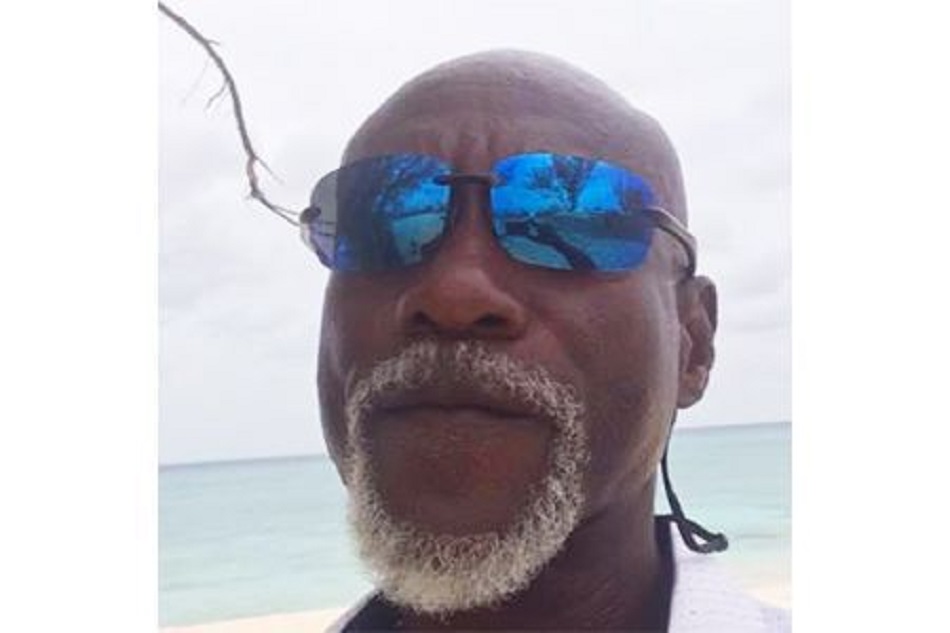


 News5 days ago
News5 days ago
 Caribbean News6 days ago
Caribbean News6 days ago
 News5 days ago
News5 days ago














